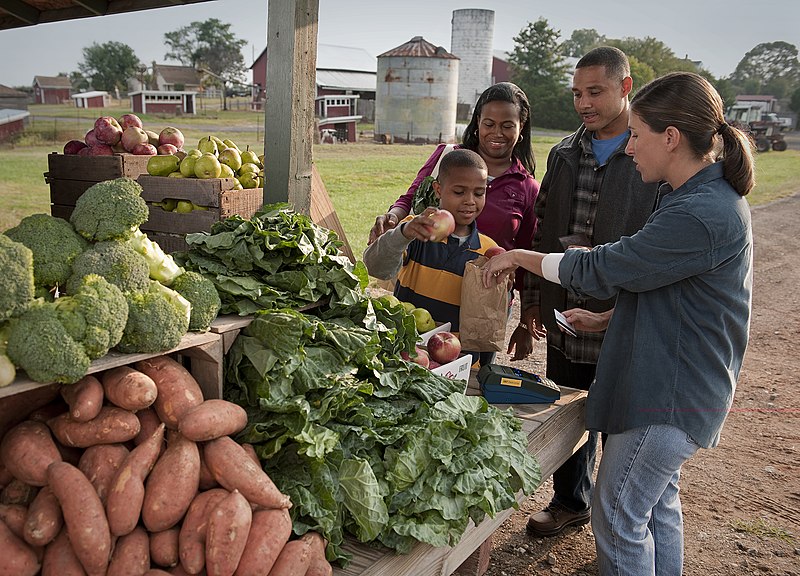Poverty Programs Work When They Address Needs

by Dennis Parker, Saima Akhtar, and Sara Lunden
A recent New York Times article, “How Poverty Programs Aided Children From One Generation to the Next,” looks in-depth at benefits programs in the U.S through the experiences of several low-income families. The author is right to point out that a number of anti-poverty programs have aided children, but misses the boat on the issue of work requirements.
The author’s perspective on multiple assistance programs seems to ignore nuances and oversimplifies a range of benefits programs. The article mostly addresses the tax credits (Earned Income Tax Credit and the Child Tax Credit) that are more widely available to low-income working households with children and touches on the value of targeted assistance and in-kind benefits (such as SNAP and Medicaid). The benefit lurking behind the scenes, unnamed but at the heart of the discussion around work requirements, is TANF, a.k.a. cash assistance or welfare.
Welfare programs generally provide benefits based on a recipient’s income. As income goes up, the benefit can go down. This has long inspired a belief that people will opt not to work in order to receive the maximum benefit. As a result, welfare reform in the 1990s led to the rise of work requirements, intended to counteract this supposed disincentive to work. The implication in the article is that these work requirements worked—the restrictions on welfare led families to seek employment and reap the benefits of other work-based programs, such as tax credits.
Yet, there is no data proving work requirements are effective at making poor people work ready and less likely to need assistance. And viewing work requirements as a solution to the financial difficulties of low-income people requires intentionally ignoring the myriad factors that actually contribute to poverty and have their roots in systemic racism and American capitalism’s reliance on exploitation. Indeed, research indicates that welfare-based work programs have had little success in reducing poverty and in fact may have pushed families into deep poverty. For many recipients who did become employed, their earnings still left them below the poverty line. Work requirements in welfare programs serve to create significant barriers and deter low-income people from accessing needed income support benefits.
Furthermore, not everyone can work. While the article touches repeatedly on physical and mental health factors that impacted these families’ abilities to retain employment, it entirely neglects to address the gross inadequacy of our income and support systems for individuals who are not able to be “fully employed” and self-supporting. The ableism in our benefits system is epic.
What is the solution? Successful benefits programs effectively tailor the program to meet a specific and identifiable need. SNAP works well because it’s based on a simple evaluation of need. SNAP provides access to food—a basic life necessity—to people who can’t afford it. SNAP is issued as a monthly stipend to the household with funds that are limited to the purchase of food alone. In contrast, the TANF program imposes an array of complex and paternalistic behavioral conditions on applicants and recipients that are substantially decided by the state. In many states, the level of the TANF benefits is wildly low and entirely insufficient to support the household’s basic needs.
In contrast to TANF and the existing schemes for onerous delivery of welfare benefits, locally grown universal basic income pilot programs are finding success and offer a hopeful alternative model for meeting basic income needs. Without imposing moral or behavioral performance requirements, UBI programs are providing immediate access to income and creating stabilization for low-income households and communities. Programs like these that identify a need and provide benefits to address it work—work requirements don’t.
Sources:
Work Requirements and Work Supports for Recipients of Means-Tested Benefits, Congressional Budget Off., June 2022
Ali Zane & Cristina Toppin, Research Note: Study Shows Why TANF Is Not the Success That Some Claim, CBPP (Aug. 9, 2022)
LaDonna Pavetti, Work Requirements Don’t Work, CBPP (Jan. 10, 2018, 3:30 PM)







